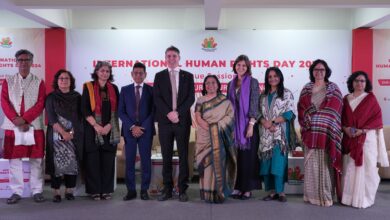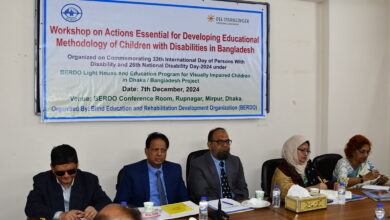Historical 7th November today

Today is November 7. Though the day was being observed sometime in the past as the National Revolution and Solidarity Day, the forces loyal to the country’s War of Liberation observe the day as the Freedom Fighter-Soldiers’ Killing Day.
The pro-liberation forces of the country will observe November 7 as “Freedom Fighter- Soldier Killing Day” in a befitting manner.
Meanwhile, Jatiya Samajtantrik Dal (Jasod) will mark the day as Soldiers-People Mass Revolution Day.
Meanwhile BNP will mark the day as the ‘Jatiya Biplob and Sanghati Dibosh‘ (National Revolution and Solidarity Day). This commemorates the 1975 uprising formed by the people and soldiers.
On this day in 1975, three renowned freedom fighters were killed in the name of Sipahi Biplob (soldier revolution). The ill-fated freedom fighters were Khaled Mosharraf, BirUttam, KN Huda, Bir Uttam and ATM Haider, Bir Bikram.
They were shot dead at a point-blank range by two company commanders, Asad and Jalil at the headquarters of the 10th Bengal Regiment in the morning.
The process was initiated much earlier, in August 1975, through the assassination of Father of the Nation Bangabandhu Sheikh Mujibur Rahman and most of his family members.
Subsequently, on November 3 in 1975, the four national leaders were brutally killed in prison. After four days, the then rulers started killing the finest sons of the nation.
About the so-called sepoy revolution, journalist Anthony Mascarenhas wrote: The unruly jawans (soldiers) killed 13 army officers including a female doctor and they also killed wife of an army officer on the day.
Earlier on November 6, a Lancer squad of Col Faruque, one of the killers of Father of the Nation Bangabandhu, led by Lancer Mohiuddin, who had the key role in the assassination of Bangabandhu, freed Ziaur Rahman from house arrest and took him to Col Rashid’s Artillery Regiment office, wrote Writer researcher Golam Murshid in his book “War of Liberation and afterwards”.
He added that immediately after his release from house arrest, Zia went to the Radio station to address the nation without consulting with the newly appointed President of the country Justice Abu Sadaat Sayem proclaiming himself as the Chief Martial Law Administrator.
Later, Ziaur Rahman held referendum, president election, local bodies’ polls and parliament election one after another and though he grabbed (usurped) state power proclaiming himself as the president of the state, a total of 20 military coups took place during his regime.
On May 30 in 1981, Ziaur Rahman was killed in such a military coup in Chittagong and after his murder, many freedom fighter-officers in the army including Major General Manjur were handed down with capital punishment.
Marking the day, Jasod will hold a discussion at 3pm today at the Shaheed Colonel Taher Auditorium at its party central office in the capital’s Bangabandhu Avenue.
Jasod General Secretary Shirin Akhter, MP, called upon all party leaders and workers to mark the day amid holding different programmers at all district and upazila headquarters.









